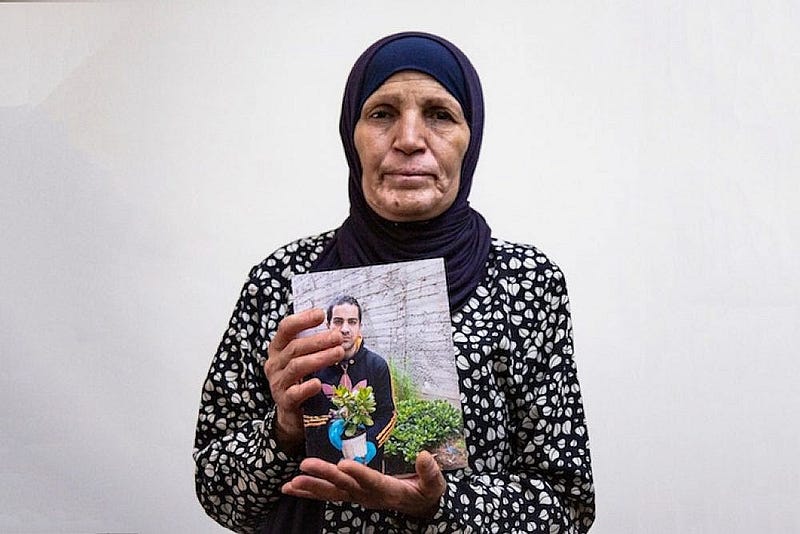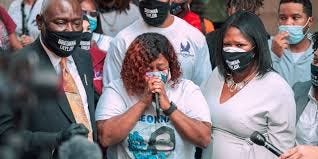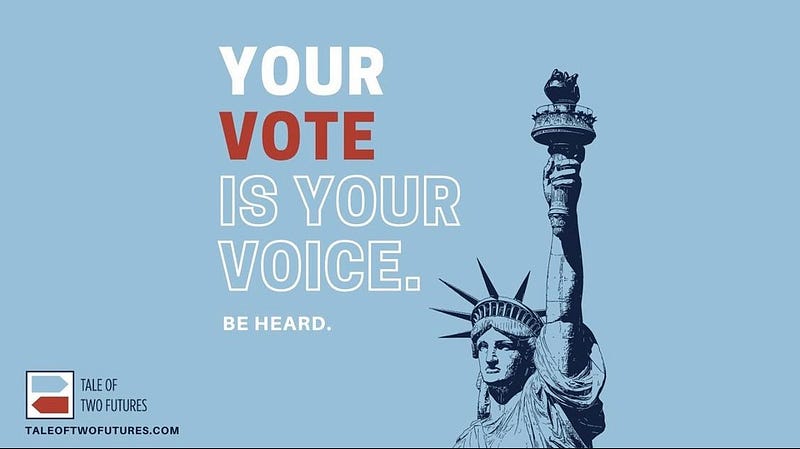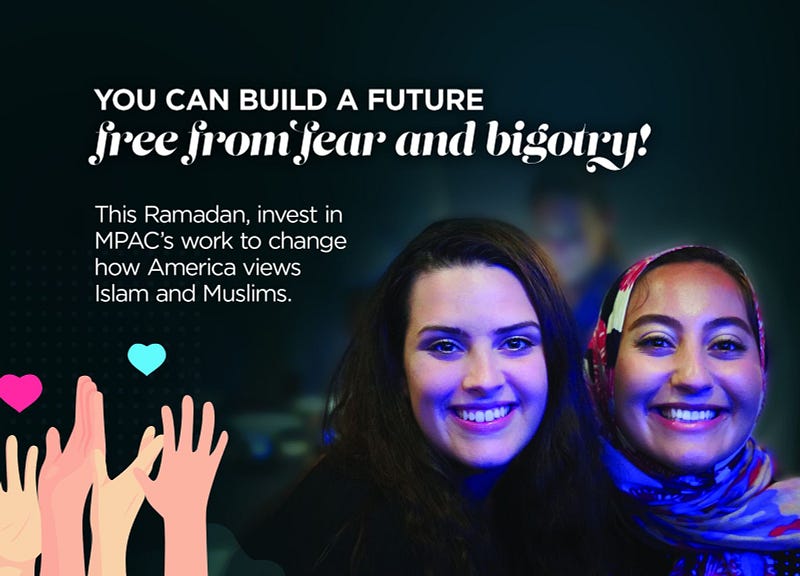Reflections on this Past Mother’s Day: Mother’s Day Should be Everyday
By: Iman Ali, MPAC Policy and Programming Coordinator
Growing up, I always enjoyed the excitement that surrounded Mother’s Day. From a tender age our teachers, who for many of us were like a second parent, would guide us in making the perfect card, craft, or token to share with our moms on their special day. And come that second Sunday in May, mother’s all over the world were able to feel a fraction of the true thanks they deserve — if only in the form of an overglittered card.
As a part of my Mother’s day gift for my Ami, I promised to help with some spring cleaning, during which I found a box of every single artwork my sisters and I had ever made for my mom. What was essentially a pile of junk to me, was arguably among my mother’s most cherished items. As I walked over to the trash pile, my mom quickly grabbed the box from me and said “One day when you have children, you will understand.” Her words have been on my mind since.
Do I really have to have children to be able to empathize with mothers? Perhaps when it comes to corny cards and abstract macaroni art it will take the work of my own child for me to cherish such things, but one thing we often forget in the mix of all the good times — are the bad.

For most mother’s, protecting their children is fundamental to their purpose. From scraped knees as children, to heartbreak as teenagers — our mom’s have been with us every step of the way. But for some mother’s, even at their best, they were unable to shield their children from the nefarious systems that seek to abuse, oppress and villainize them.
This Mother’s Day I think to all the Mothers who have lost their children at the hands of impotent violence. Mother’s like Larcenia Floyd, whose name was among the last few words muttered by her son George, as Derek Chauvin pressed his knee on his neck for an approximate nine minutes. I think of Mrs. Al-Halluq, who’s Palestinian and autistic son was brutally murdered at the hands of Israeli Defnse Force soldiers for having napkins in his pocket.

I think of the heartache felt by Tamika Palmer, as she sat in a courtroom that punished officers only for the bullets that did not hit her daughter, Breonna Taylor. And I am haunted by the thought of Mamie Till who held an open casket at the funeral of her 14 year old son Emmett who was brutally beaten and killed by white supremacists, so she could show the world the reality of what it was like to be a black family in the United States in the 1940’s (though time is irrelevant, since not much has truly changed).
We must stand in solidarity with these mother’s not only because of their grief, but because of their sacrifice. While our society has not shown the agility needed to dismantle systems of racism, sexism, and systematic oppression — with each moment we wait, we risk another mother losing her child to a senseless tragedy.

In Islam, God states that tests will come to the believers in three forms: wealth, health, and family; with the loss of family being the most difficult to bear. Yet on numerous occasions we are met with strong examples of mothers who face some hardship with their children in the Quran. A prime example being Jochebed, the mother of Moses — who bravely placed her baby in a basket down the Nile to escape persecution. Rather than risking her child’s life, she would do without ever seeing him again, if it meant he had a chance to survive. This primal tendency is a common characteristic shared among all mothers regardless of faith, religion, or race. Yet we have lived in a system for centuries, that restricts the most fundamental desire of a mother, and leaves communities and families ravaged by unchecked systemic violence. This is insidious, and this should be seen as everyone’s responsibility — whether you have a child or not, whether you are likely to face violence or not.
As a global community, we must bear witness to the travesties occurring everyday all over the world — and we must act now in stopping them.
One of the most essential lessons my mother taught me was one of courage — the ability to speak up, and act when I see injustice. This is applicable to each and every one of us:
We each have a voice that allows us to spread awareness…

Some of us have funds to donate to organizations doing good work…

.
While others can offer to volunteer their time in service of a movement, and encourage others to as well…

The truth is that change can not happen if each of us does not feel like we have something to gain, and more importantly, something to lose. So the next time a news headline speaks about human rights violations against the Palestinians, or Uighurs, or our Black brothers and sisters in the United States — imagine if it was speaking about your child and remember that while for you this is imagination, for others it’s a reality.
My mother, like millions around the world, wants the best life for her children, and has ferociously fought to keep us thriving. From protecting our Mother’s day cards to protecting our minds, bodies, and spirits — mothers have serviced the lives of us all as a beacon for safety, comfort and security. But we all must take part in forging a world where every mother has an equitable chance to seek a bright future for her children, a world where Mother’s Day is spent with family, not mourning them. From cards to Congress we must take every action necessary to protect the hearts of our mothers, and the lives of our children.